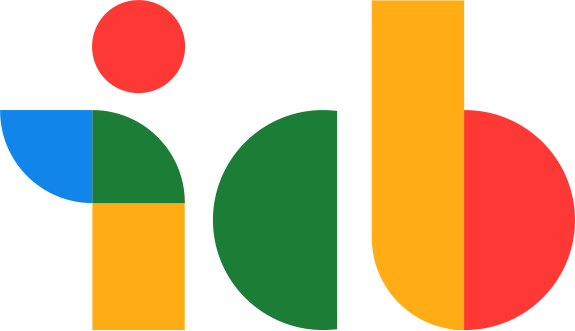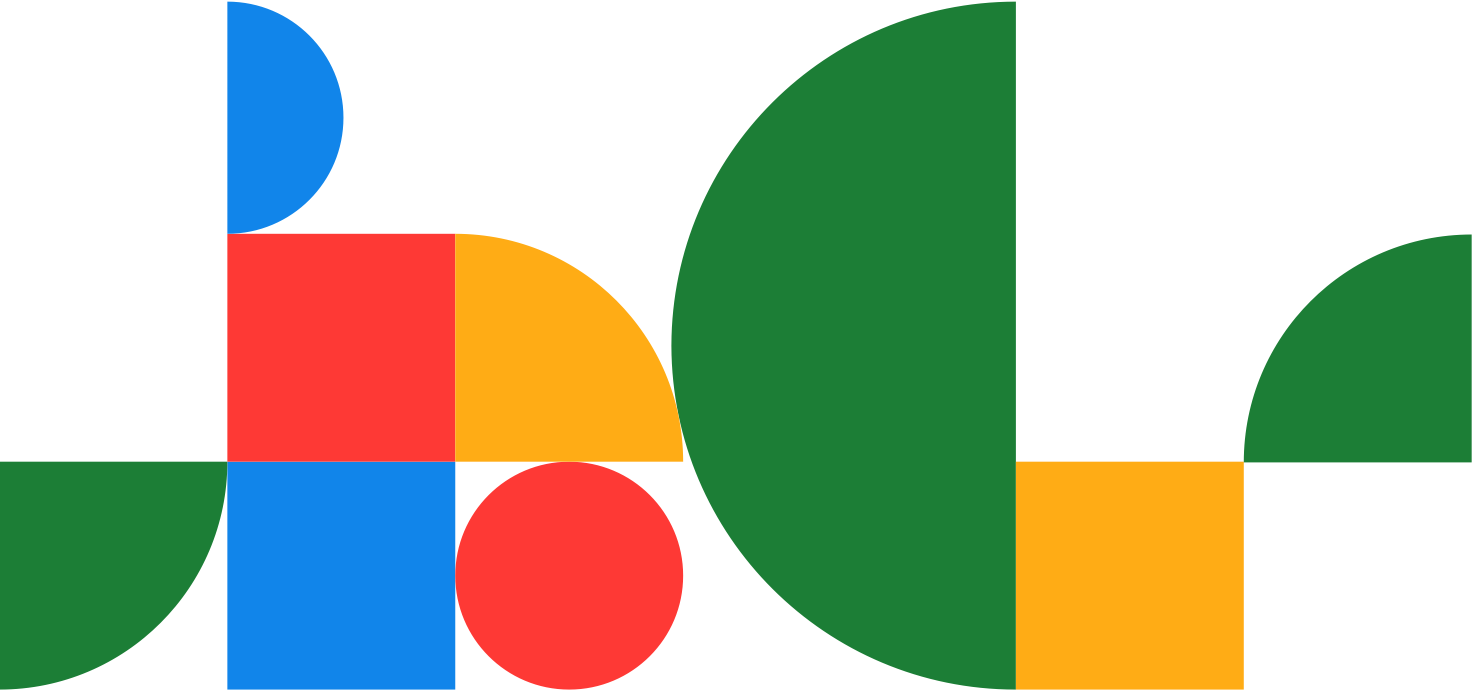About
Nonverbal Learning Disability (NVLD) is a neurological condition that affects visual-spatial, motor, and social skills. People with NVLD often have strong verbal abilities but may struggle with nonverbal communication, organisation, and interpreting social cues.
This condition is often invisible.
Many disabilities, including this one, may not have outward signs—people can be significantly impacted even if they appear “fine” on the outside.
Common Challenges
Practitioner Help
Common Accommodations
Notes
NVLD is not officially recognised in all diagnostic systems, but its impact on work and daily life is real. Tailored supports that match a person’s strong verbal skills with tools for visual or social challenges can lead to workplace success.
Resources
Help Us Improve the Knowledge Hub
This Knowledge Hub is a living library that relies on community feedback to stay current, accurate, and effective for everyone. We welcome all submissions, whether you've spotted an error, have an improvement idea, or want to suggest a new topic.
Report an Inaccuracy
Help us correct outdated information, broken links, or any factual errors you find.
Suggest an Improvement
Suggest an improvement to make an existing profile or resource much clearer.


